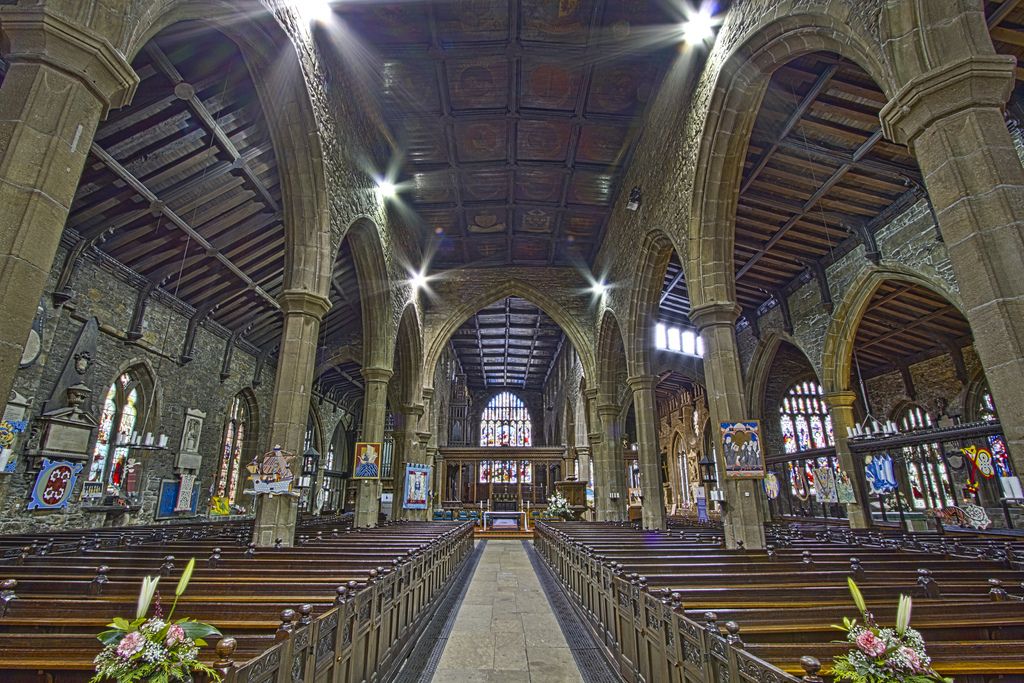The Anglican Church, known formally as the Church of England, occupies a unique and historic position within global Christianity. With its roots deeply embedded in the English Reformation of the 16th century, it is a tradition that marries elements of Catholic heritage with Protestant reformations. Exploring the Anglican Church unveils not only its theological nuances but also its socio-political relevance throughout British history and beyond.
At the heart of Anglicanism lies a distinctive theology that embraces the richness of the Christian faith while remaining anchored in Scripture, tradition, and reason. This threefold source of authority, often referred to as the “Anglican triad,” sets the Anglican Church apart from its counterparts. It invites parishioners to engage with their faith in multifaceted ways, invoking a thoughtful examination of dogma alongside reasoned discussion. The result is a tradition that prioritizes personal intellectual engagement with faith, encouraging believers to question, seek, and ultimately understand their place within the divine tapestry.
The genesis of the Anglican Church is deeply intertwined with historical events that shaped England politically and religiously. Henry VIII’s matrimonial troubles ignited the initial rift with the Roman Catholic Church, leading to the establishment of the Church of England. This schism was more than a mere ecclesiastical dispute; it reflected the burgeoning nationalism and a reimagined sense of sovereignty. The Act of Supremacy in 1534 proclaimed the King as the Supreme Head of the Church of England, which entailed drastic implications for the nature of religious authority in England. Thus, the Anglican Church emerged—not merely as a religious institution, but as a potent symbol of English identity and independence.
As the centuries unfolded, the Anglican Church continued to evolve. The Book of Common Prayer, first published in 1549, remains a cornerstone of Anglican worship, reflecting both the liturgical and cultural aspirations of the Church. Its rhythmic cadences and poetic language have provided a framework for worship that has endured through the ages, encapsulating the Anglican ethos. This prayer book is more than a manual; it serves as a cultural unifier, deeply influencing the English language and literature while offering a spiritual anchor for the faithful.
The Anglican Church is often characterized by its wide-ranging inclusivity, which is both its strength and a source of contention. Its theological latitude allows for a spectrum of beliefs and practices within its fold—some parishes may embrace high-church liturgy echoing the grandeur of Catholicism, while others may adopt a low-church, evangelical approach prioritizing scriptural fidelity and reformist zeal. This multiplicity fosters an environment where believers from diverse backgrounds can converge, engaging in communal worship while grappling with theological differences.
Notably, the Anglican Communion comprises a network of churches across the globe, held together by shared heritage rather than a centralized authority. This is indicative of a post-colonial shift in Anglican identity; Churches in Africa, Asia, the Americas, and beyond have redefined what it means to be Anglican, often emphasizing social justice and community action. This global nature signifies that while the Anglican Church has deep roots in England, its branches extend far and wide, adapting to varied cultural contexts and local challenges.
The theological explorations of Anglicanism can be particularly enriching. The church has historically emphasized the Sacraments—baptism and Eucharist—as vital means of grace. Baptism serves as the initiation into the Christian faith, symbolizing rebirth and incorporation into the body of Christ. The Eucharist, or Holy Communion, is celebrated with reverence, encapsulating the principles of remembrance, thanksgiving, and communal unity. These rites are not mere formalities but moments of profound significance that connect believers to the divine and to one another.
Moreover, the Anglican Church wrestles with contemporary issues such as gender equality, LGBTQ+ inclusion, and the church’s role in a rapidly changing world. The tension between tradition and modernity is palpable, prompting vigorous debates among members. For some, the question of inclusivity challenges long-held notions of orthodoxy and raises profound questions about the nature of love, acceptance, and God’s grace. Such discussions go beyond mere clerical disputes; they traverse deeply personal journeys of faith and identity. This contestation invites the faithful—both clergy and laypeople—to engage in a transformative dialogue, evolving their understanding of what it means to follow Christ in the 21st century.
Furthermore, the Anglican Church’s global mission extends not only to spiritual matters but also to tangible acts of service and humanitarian aid. The principles of episcopal governance encourage a model of leadership that is responsive to the needs of the community, thus fostering a church that acts as a force for good. Anglicans around the world participate in outreach programs, environmental stewardship, and initiatives addressing poverty and inequality. These acts reflect a commitment to living out the Gospel beyond the church walls.
As one delves deeper into the complexities of the Anglican Church, an awakening to its historical lineage, theological depth, and contemporary relevance reveals itself. It is a communion rich in both tradition and evolution, poised to respond to the challenges of an ever-changing world. Ultimately, the Anglican Church offers a compelling narrative of faith that resonates with the spirit of inquiry, drawing believers and seekers alike into its embrace. The symbiotic relationship between tradition and innovation within Anglicanism serves as a reminder that faith is not static; it is a living, breathing entity, continually shaping and reshaping in response to the divine call for love and justice.



